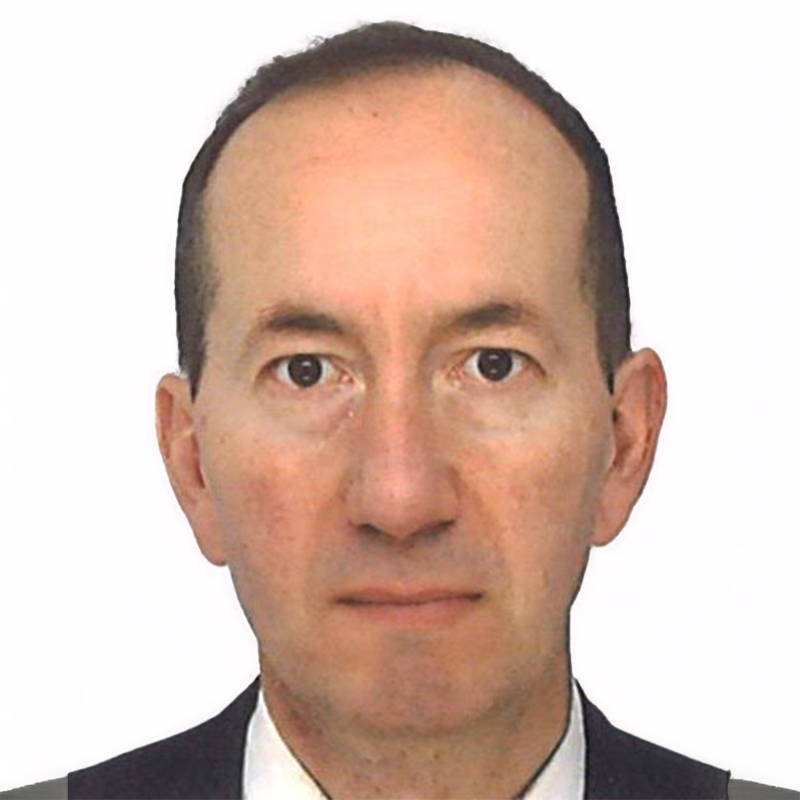
Graduating in 1988, Chief Veterinarian Jérôme Arnauld of the Lions began his military career that same year, specializing in equine medicine and surgery. As head of the 41st Veterinary Group in Fontainebleau, within the Military Riding School, he was responsible for the healthvsupport of horses in Military Equestrian Sports (750 horses throughout France) and for horse procurement from 1992 to 2021. A certified practitioner with the Army Medical Service, he participated in several overseas operations, working closely with anesthesiologists and surgeons, and in various international cooperation missions for veterinary support of military equine personnel. Creator of the Military Horse Museum in Fontainebleau and author of numerous articles on equestrian history, he manages over 5,500 objects and the project to install these collections in the Senarmont Riding School, built by Napoleon.
Since 2021, he has been the Regional Veterinary Manager for the Paris region (Zonal
Veterinary Coordinator).
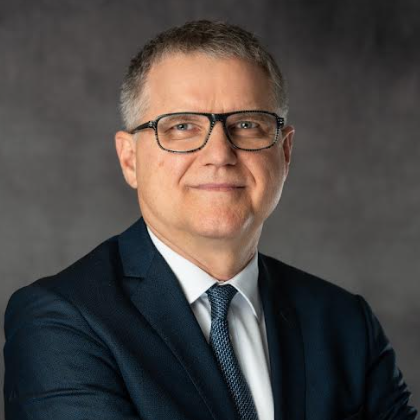
Frédéric Aubrun, Professor of anesthesia and intensive care, perioperative medicine, head of the anesthesia and intensive care department at the Croix Rousse hospital in Lyon and the Renée Sabran hospital in Hyères. He has been President of the SFETD and is currently a member of the Pain Committee of the the French Society of Anaesthesia, Critical Care and perioperative Medecine (SFAR). He is Chairman of the CLUD central des Hospices Civils de Lyon. His research focuses mainly on postoperative pain, but also on opioids. He is also interested in anesthesia and analgesia for elderly patients.
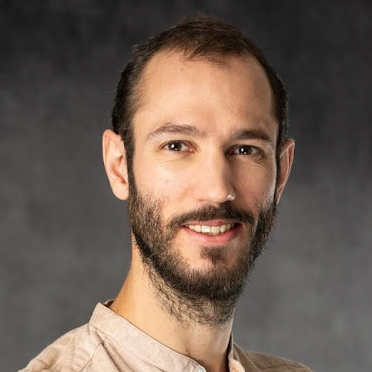
Dr. Baptiste Balança is Associate Professor (MCUPH) of Anesthesiology and Intensive Care at Lyon University and Head of the Department of Neurological Anesthesiology and Intensive Care at the Hospices Civils de Lyon, in France.
Trained in medicine and anesthesiology at Lyon University, he followed the MD-PhD program of the Ecole de l’INSERM Lilianne Bettencourt. He conducted his PhD in Neuroscience, focusing on cerebral blood flow and metabolism changes induced by cortical spreading depolarizations in an experimental model of brain injury. He has completed postdoctoral fellowships at the Lyon Neuroscience Research Center and in the Pr Dreier’s team at the Center for Stroke Research in Berlin.

Christine Ball is an Adjunct Associate Professor at Monash University where she runs part of a Master of Perioperative Medicine. She recently retired from clinical anaesthetic practice at the Alfred Hospital. Chris has been involved in the study of the history of the specialty for over 30 years and has many publications on the subject, including the book The
Chloroformist, published by Melbourne University Press in 2021. She has been an Honorary Curator of the Geoffrey Kaye Museum of Anaesthetic History since 1989, a position she still holds. She is a Fellow of the Royal Historical Society and a Wood-Library Museum Laureate of the History of Anesthesiology.

Perrine graduated from the University of Liège. After a rotating internship and an anaesthesia internship, Perrine undertook a residency and Masters of Veterinary Sciences in veterinary anaesthesia and analgesia. She became a Diplomate of the European College of Veterinary Anaesthesia and Analgesia in 2015. Since then, Perrine has worked in multidisciplinary veterinary hospitals in the UK, providing anaesthesia, analgesia, critical care, pain clinic and workflow services. More recently, Perrine’s interests have evolved towards human factors and leadership. After serving as head of anaesthesia, physiotherapy and imaging at a multidisciplinary hospital, she became Clinical Director at an ophthalmology referral hospital.
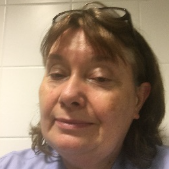
Dr. Valérie Billard holds a Doctorate in Medicine with a specialization in Anesthesia and Surgical Critical Care then a specialty degree in Medical Critical Care from Lille II University.
She worked as anesthesiologist in Gustave Roussy Cancer Center in Villejuif for more than 30 years and was chief of anesthesia department there from 2016 to 2021.
Her academic background includes degrees in biochemistry, statistics, pharmacokinetics and drug metabolism, obtained before and after a post-doctoral research fellowship at Stanford University.
She conducted clinical research and teaching about anesthetic drugs pharmacology, drug delivery and depth of anesthesia monitoring and was involved in the first worldwild clinical release of Target Controlled Infusion Systems and EEG monitors.
She has authored numerous peer-reviewed publications in both English and French in recent years. Dr. Valérie Billard is an active member of several national and international scientific societies, including Societe Française d’Anesthésie Réanimation, European Society of Aanesthesia & Intensive Care, International Society for Anesthetic Pharmacology, and Groupe des Anesthésistes Réanimateurs en Oncologie. She is currently President of SFAR’s Ethics Committee for Research (CERAR).
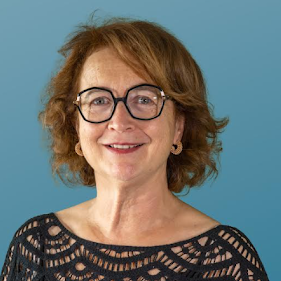
Dr Mireille Bossy is a General Veterinary Public Health Inspector. She has a Doctorate in Veterinary Medicine (National Veterinary School of Toulouse, 1993). She had successive responsibilities in the French local and regional administration which have given her the experience in the steering of public policies and the management of complex files, and have forged her a solid experience in the animation of multidisciplinary teams, the ability to federate and to lead projects.
Since December 2021, Dr Bossy is the Director General of VetAgro Sup – French National institute of higher education and research in food, animal health, agronomic and environmental sciences.
From February 2019 to December 2021, Mireille Bossy held the position of Agricultural advisor in charge of sanitary and phytosanitary affairs at the Regional Economic Service of Beijing at the French Embassy in China. She was both in charge of negotiations with Chinese authorities for the access and maintenance of export markets for agri-food products to Mainland China, Taiwan, Hong Kong, Mongolia and of the management of the lifting of blockades of goods at the borders of China. She managed several Franco-Chinese cooperation projects in order to facilitate market access.
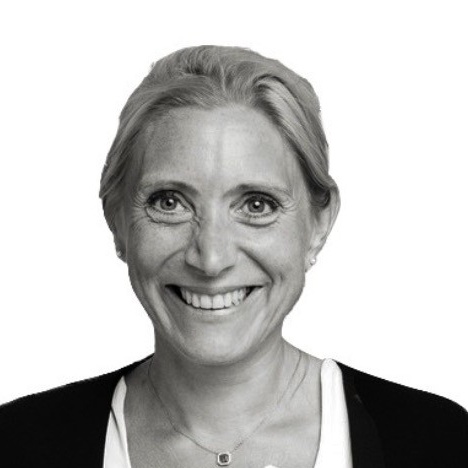
Dr. Vet. Christelle Cahen has held several positions in the animal health sector, with a dual degree in business administration. She was the first assistant professor of management at a French veterinary school. Having defended a thesis in management, she has always been interested in marketing, communication, and soft skills sciences.
Today, she is a canine general practitioner, specialized in integrative medicine and phytotherapy, particularly medical cannabis, an entrepreneur, and a business organization consultant.
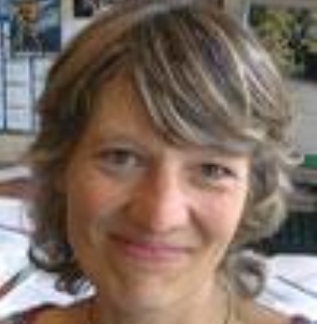
After veterinary training, I obtained a PhD in Human Biology in 1993 at the University of Lyon 1 for studies on Magnetic Resonance Imaging (MRI) of myocardial ischemia using MR perfusion imaging and iron oxide nanoparticles. After a post-doctorate at the University of California, San Francisco and a research position at CNRS, the French Research Center, I was recruited as a Professor of Physiology at the University of Lyon in the Sports Science Department. I’m involved in biomedical engineering with research and teaching activities at the interface of physiology, multimodal imaging, medicine (cardiovascular diseases), and pharmaceutical developments (contrast agents). In my research team “Cardioprotection” of CarMeN (research laboratory in Cardiovascular, Metabolism, Diabetologia and Nutrition at INSERM U1060 and University of Lyon), we are currently investigating ischemia-reperfusion in heart and brain using multimodal imaging to propose more efficient care after myocardial or cerebral ischemia. Research studies have consisted in multidisciplinary collaborations with both academic and industrial partners to validate new nanoparticulate and multi-modal contrast agents as in vivo imaging markers of the cardiovascular risk. Main research objectives are to use in-vivo molecular imaging in animal models and in translational studies to understand biological processes involved in cardiovascular diseases and to follow the effect of treatments and life-style interventions (diet, exercise). Scientific production includes 125 articles, 60 invited conferences, and co-authorship of a book entitled “NMR, concepts, methods and applications”.
Academic work also includes the direction of the doctoral school EDISS at the University of Lyon (300 PhD students, 2013-2019) and the presidency of the scientific council of VetAgro Sup, the Institute of higher education in food science, animal health, agricultural and environmental sciences.
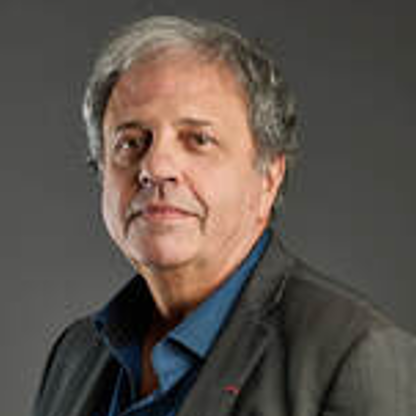
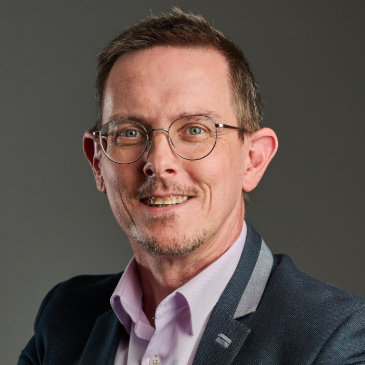
David CHARIER, Professor of Anesthesia and Intensive Care at Saint-Etienne University Hospital (Loire, France).
I work on monitoring the depth of anesthesia, and in particular on the monitoring of the nociception-antinociception balance, and on PK/PD modeling of dexmedetomidine and its use in awake neurosurgery.
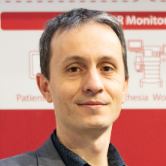
I graduated from Nantes Veterinary School in France in 2010. I initially wanted to work with goats (quite popular in the region where I am from) but then fell in love with
anaesthesia during the practical years of veterinary training. I then dedicated my career to anaesthesia, by working as a clinical assistant in the anaesthesia division at Nantes Vet School and then moving to the UK to start a residency.
I spent five years at the University of Cambridge, first as a resident of the European College of Veterinary Anaesthesia and Analgesia for three years and then as an
anaesthesia clinician in the following two years and became an affiliated lecturer. I passed the diploma to become a specialist (DipECVAA) in 2016. I then worked for Davies
Veterinary Specialists for five years. For personal reasons I went back to France in 2021 and worked for CHV Atlantia (a referral hospital in Nantes) until early 2023.
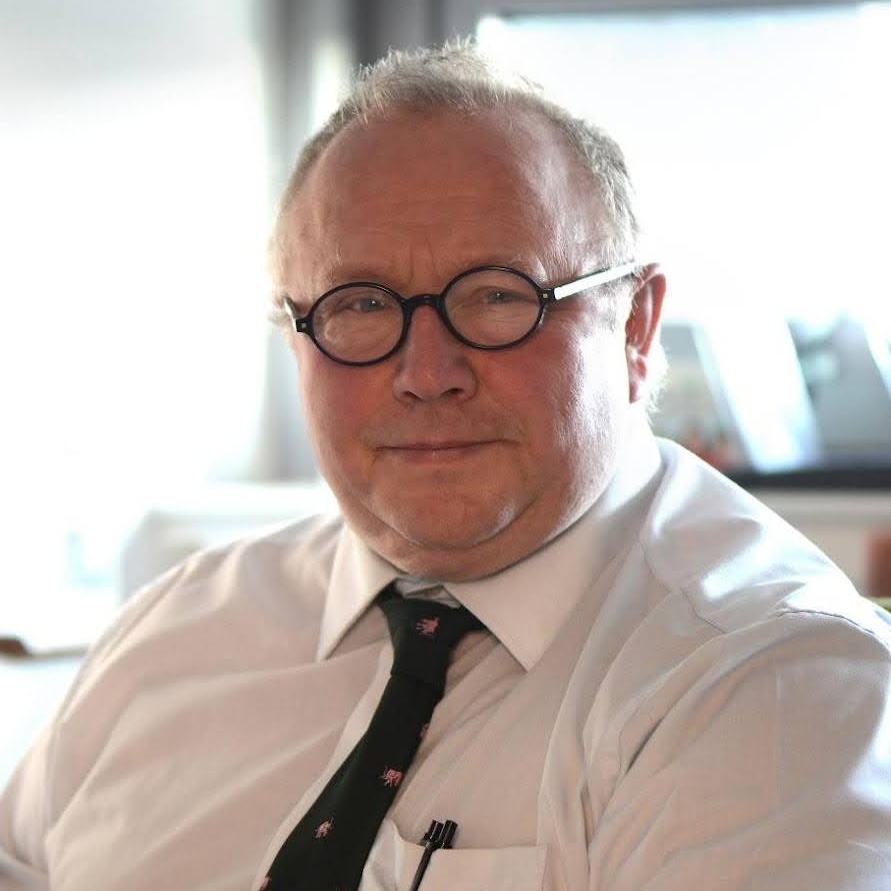
Eddie Clutton is the Clinical Director of the Wellcome Trust Critical Care Laboratory for Large Animals (Roslin Institute), Edinburgh. He graduated (BVSC) from the University of Liverpool (1981) and undertook post-graduate training in the Department of Anaesthesia, The Royal Liverpool Hospital. He worked at the University of Virginia – Maryland, USA for 5 years. He gained the RCVS Diploma in Veterinary Anaesthesia in 1985. He became Head of Veterinary Anaesthesia in the Royal (Dick) School of Veterinary Studies (Edinburgh) 1990 – 2015. He became a Diplomate of the European College of Veterinary Anaesthesia in 1996. He was editor-in-chief of Veterinary Anaesthesia and Analgesia (2000 – 2005) and President of the Association of Veterinary Anaesthetists (2005 – 2008). He was awarded a Chair of Veterinary Anaesthesiology (University of Edinburgh) 2007. He was a co-founder of EthicsFirst (2016) and the Research Animal Anaesthesia Network (2025). In 2019 he was awarded the Morpheus Award (ECVAA) and an RCVS Fellowship for meritorious contribution. In 2024 he was awarded the Dalrymple- Champneys Cup and Medal (BVA), for the distinctive contributions he has made to veterinary anaesthesia
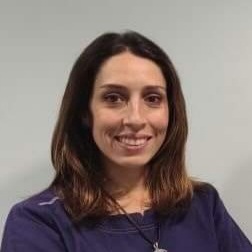
Dre. Clara Conde Ruiz got her degree in Veterinary Medicine in 2007 in
Cordoba, Spain. In 2013, she enrolled and completed three years of residency
in anaesthesia and analgesia in Lyon, France. It is in 2018 that she became
specialist by the European College of Anaesthesia and Analgesia (ECVAA).
She has worked as a consultant anaesthetist in Spain, Scotland and France
before joining, in 2022, the Anicura Armonia Referral Hospital (Vaulx-Milieu,
France). She collaborates with Anicura in a postdegree educational program in
anaesthesia and she is the co-author of a new tool to evaluate quality of life in
dogs and cats suffering from chronic pain, the QOA-LYON.
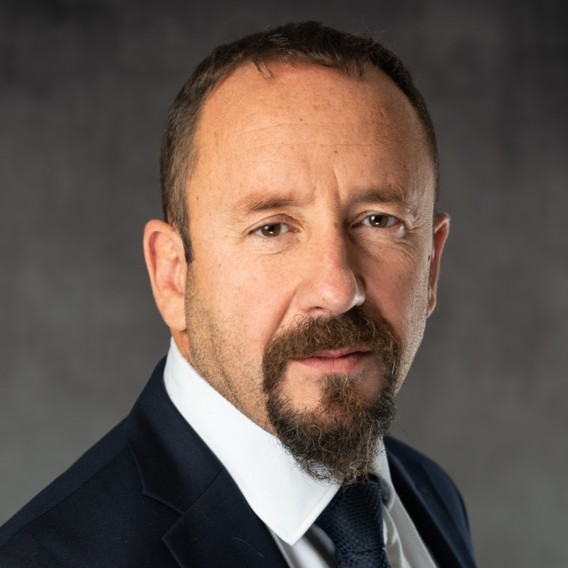
JM Constantin is Head of the Intensive Care Unit at the Pitié-Salpêtrière Hospital in Paris and Professor of Medicine at the Sorbonne University.
He also heads the clinical research group on anesthesia and intensive care at the same university. His main research topics are mechanical ventilation, ARDS and sedation-rehabilitation in intensive care. He has published over 375 articles in these fields. He is President of the French Society of Anesthesia and Intensive Care (SFAR).
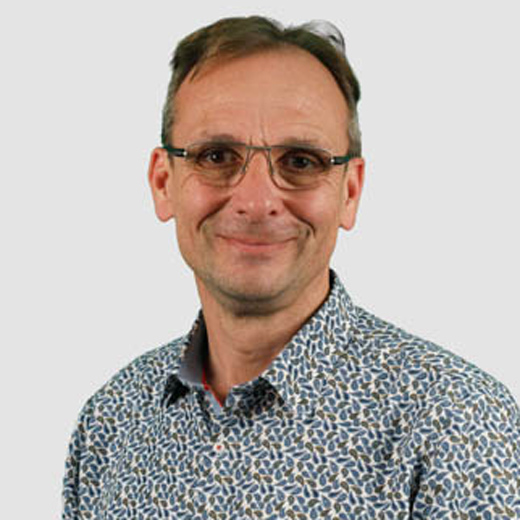
Head of the anaesthesia unit and head of pole at Nimes University Hospital (France) and promoter of numerous clinical trials, including hypnosis. The French multicentre « hypnosein » (JAMA 2019) trial demonstrated the limits and benefits of hypnosis in the perioperative setting (benefits regarding fatigue, anxiety, and patient satisfaction).
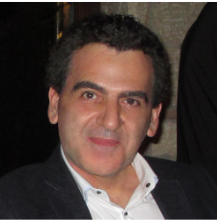
A.D. Galatos, Professor of Animal Surgery & Anaesthesia, graduated from the Faculty of Veterinary Medicine, AUTh, Thessaloniki, Greece, where he also obtained his PhD on perianaesthetic GOR in the dog. In 1997 he became DiplECVVA, Assistant Professor at the newly founded Faculty of Veterinary Medicine, University of Thessaly, Greece, and Head of its Department of Surgery. Among other administrative activities, he was Vice-Dean and Dean of the Faculty for 4 years. He supervised 8 PhD theses and was/is member of the advisory committee of 6 PhD and 2 Master of Science theses. He reviewed for 27 scientific Journals and is member of the Editorial Board of three. His clinical and teaching responsibilities focus on companion animal and small ruminant anaesthesia. His main research interests, besides perianaesthetic GOR in companion animals, include fish and small ruminant anaesthesia, and the effect of music on anaesthesia and analgesia.
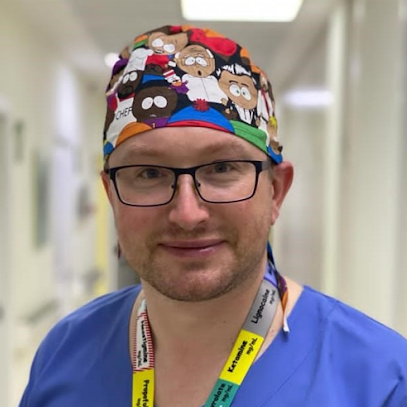
Mikhail Dziadzko, MD, PhD, is an anesthesiologist and pain specialist, serving as Deputy Chief of the Anesthesiology Department at Croix Rousse University Hospital (Hospices Civils de Lyon). His research at RESHAPE U1290 (INSERM, Lyon 1 University) focuses on obstetric anesthesia, patient-reported outcomes, big data, and medical informatics. He also an experience in translational animal research, including acute murine and canine models, as well as anesthesia management in survival studies in porcine models.
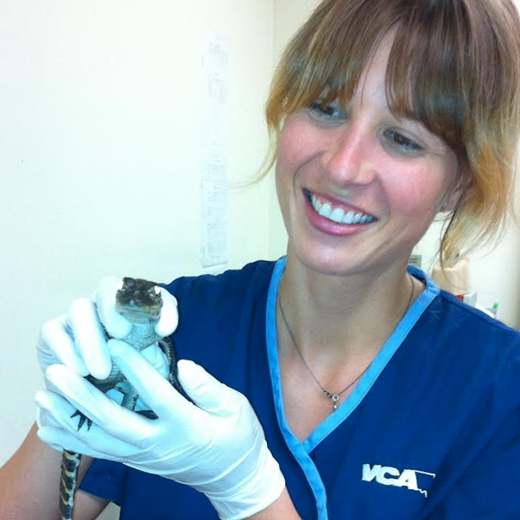
Emily is a veterinarian and advocate for climate stability and the protection of biodiversity. With an MSc in Wildlife Health (University of Missouri, 2009) and a veterinary degree (UC Davis, 2013), she has over a decade of clinical experience in companion animal and wildlife medicine. Emily contributes to biodiversity initiatives with Vétérinaires pour la Biodiversité, Conservation Careers, and Gorilla Doctors, and promotes sustainability in the veterinary sector through EcoVeto, as a founding member of the World Veterinary Environmental Alliance, and as an external advisor to the Veterinary Sustainability Alliance. .
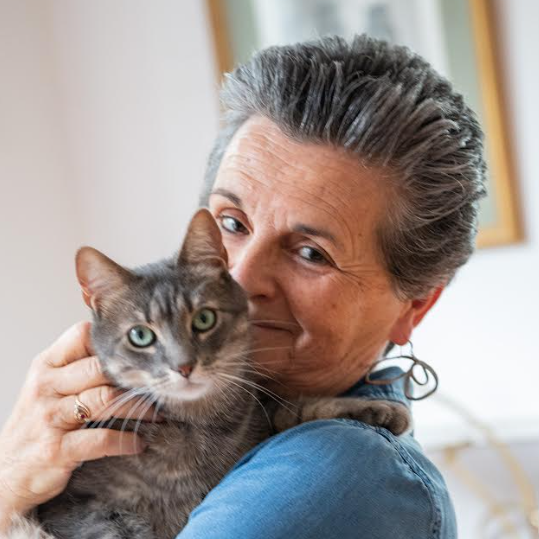
Anne-Claire Gagnon is Doctor of Veterinary Medicine, graduated from National Veterinary School of Toulouse (France) in 1984. She has been a scientific journalist since then and has a strong interest in cat behavior, publishing her first co-authoring book in 1993. After settling
her own small animal practice (1989-1996), she was in charge of RFID and feline biologicals within MERIAL from 1996 to 2001. She then settled a Cat only practice from 2003 to 2011.
She published about cat friendly handling in 2000, on clipnosis in 2008. She is now a
housecall cat behaviourist (ISFMAdvCertFB), a scientific journalist, cat book author and
recently became a certified Emotional Freedom Techniques (EFT, taping) for human beings, dealing with animal grief, and also for cats with behavioural issues. As a volunteer, she is the president of the Association against animal and human abuse (AMAH, www.amah-asso.org).
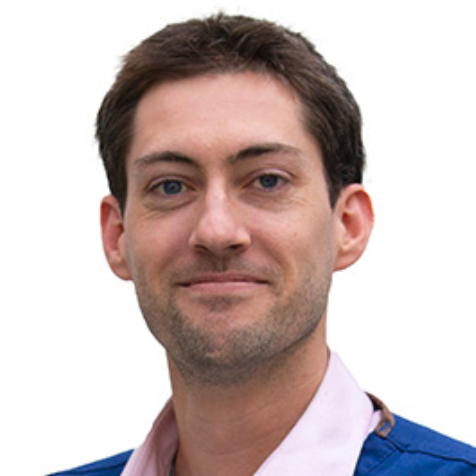
Tom is an American, European and United Kingdom recognised specialist in small animal emergency and critical care and has been a member of faculty at the Royal Veterinary College in London since 2018. Tom is one of the senior members of the extracorporeal therapies programme (providing haemodialysis and therapeutic plasma exchange procedures) and was the clinical lead in cardiothoracic critical care from 2018-2025 for patients undergoing open heart surgery. Tom is well versed in mechanical ventilation, having designed a 3 year programme for critical care residents at the RVC on this topic.
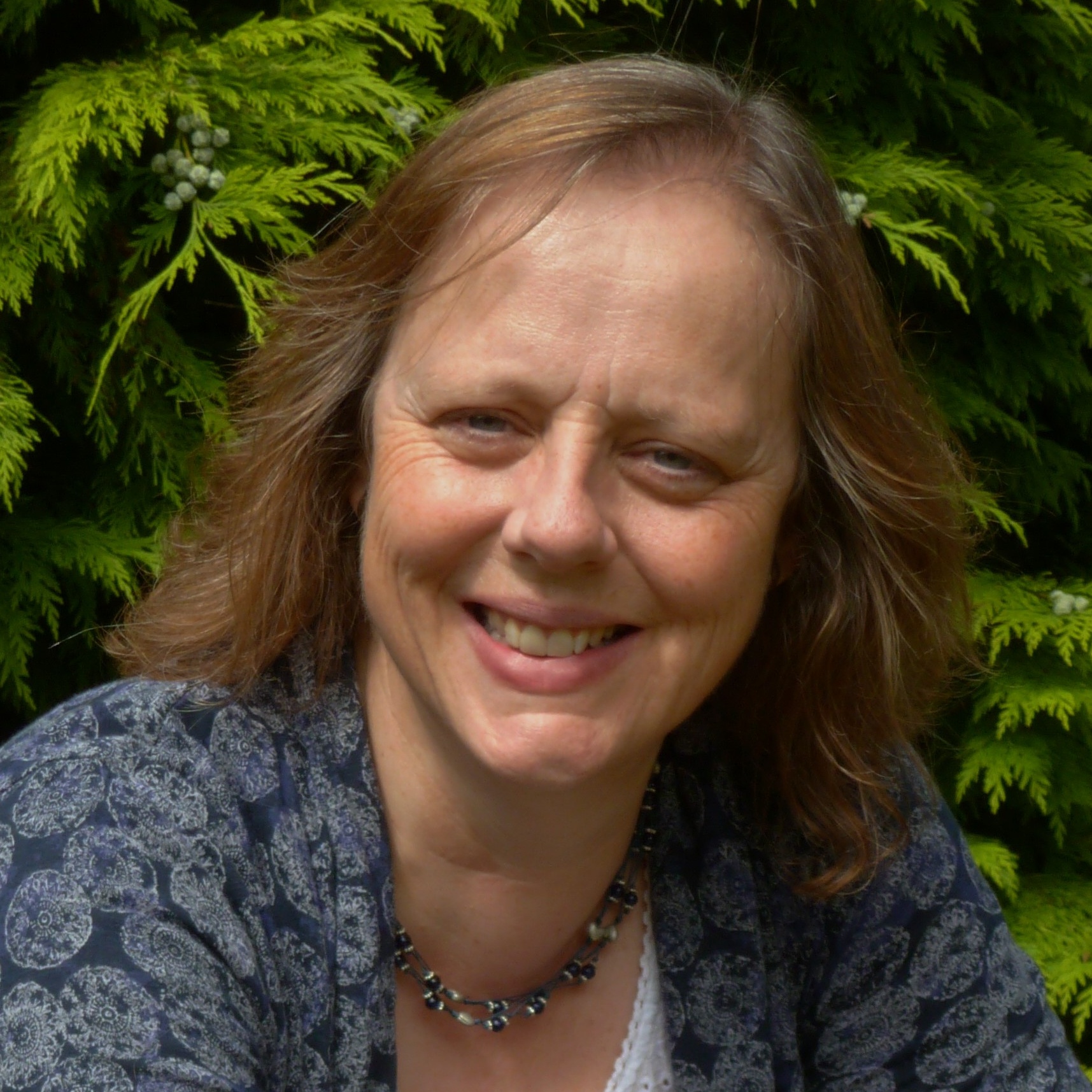
Dr Sarah Heath BVSc DipECAWBM(BM) PGCert Vet Ed CCAB FHEA FRSM FRCVS.
Sarah qualified from Bristol and spent four years in mixed general practice before setting up
Behavioural Referrals Veterinary Practice in 1992. In 2018 she was made a Fellow of the Royal College of Veterinary Surgeons in recognition of her work in establishing Behavioural Medicine as a veterinary discipline. She is an RCVS and EBVS® European Veterinary Specialist in Behavioural Medicine. Sarah is an External Lecturer in small animal behavioural medicine on the veterinary undergraduate courses at Liverpool University and also lectures at University of Central Lancashire School of Veterinary Medicine as well as veterinary schools in other countries. She is a Certificated Clinical Animal Behaviourist under the ASAB accreditation scheme. Sarah sees clinical cases across North West England. In 2002 she became a Founding Diplomate of the European College of Animal Welfare and Behavioural Medicine (formerly the ECVBM-CA) and served as President from 2002 to 2008. She served as Treasurer of the College from 2011 to 2017, the Chair of the Behavioural Medicine Credentialing Committee from 2017 to 2024 and is currently the Chair of the Behavioural Medicine subspecialty of the College. Sarah is the author of the Heath Model and promotes the concept of Comprehensive Veterinary Healthcare. She has a special interest in the interplay between emotional and physical illness in dogs and cats and particularly in the role of pain. She promotes the recognition of emotional health issues in companion animals andthe role of the veterinary profession in safeguarding the welfare of animals in this context.Sarah lectures at home and abroad and is an author, co-author and editor of several
books and papers.
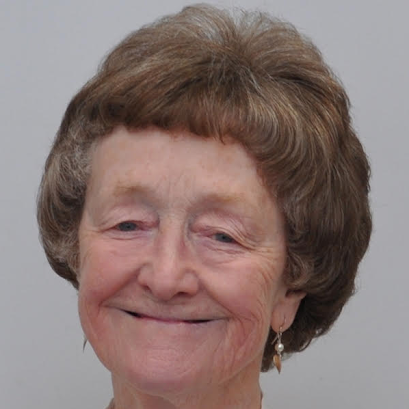
Jennifer M. Hunter is Emeritus Professor and Senior Research Fellow in the University of Liverpool.
She graduated with commendation from the University of St. Andrews in 1971. Her research interests are the pharmacodynamics and pharmacokinetics of neuromuscular blocking drugs in health and disease. Her clinical responsibilities have included the management of the critically ill and patients with chronic kidney disease.
Professor Hunter has been Honorary Secretary of the Anaesthetic Research Society (1991-6) and in 1997 became Editor-in-Chief of the BJA. She was Chair of the Scientific Programme Committee of the ESA from 2006 to 2009, and in 2016 was made an Honorary Life Member of the Society.
She has over 240 peer-reviewed publications, and has edited three textbooks. She was awarded the Gold Medal of the Royal College of Anaesthetists in 2011; and was made a Member of the Order of the British Empire by the Queen in 2015.
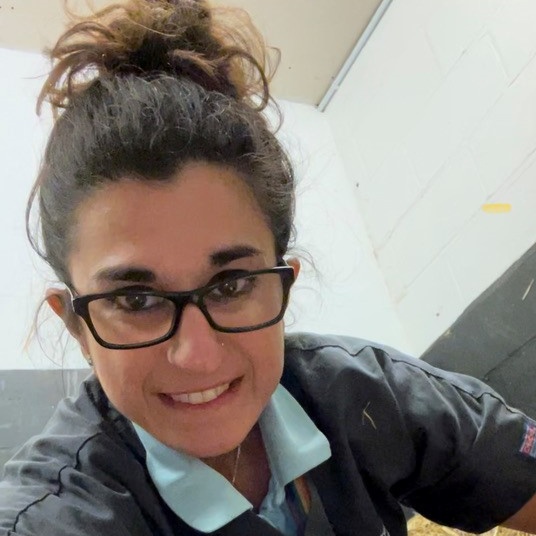
Born and raised in France, Latifa graduated from l’École Nationale Vétérinaire d’Alfort (ENVA) in 2012. Her veterinary journey began with an equine internship, followed by an ECVAA residency in Bristol. These formative experiences paved the way for her career across various referral practices in the UK, working with both small animals and equine patients.
Currently, Latifa is a senior anaesthetist at Langford Veterinary Services, where she also leads sustainability initiatives. She is a strong advocate for the « triple bottom line » approach, striving to balance environmental, social, and economic considerations within veterinary practice. Her professional interests include equine and large animal anaesthesia, with a particular focus on chronic pain management—an area she is deeply passionate about.
Latifa’s commitment to veterinary education and collaboration extends beyond borders. Coming from a North African background, she is dedicated to bridging knowledge gaps and fostering resource-sharing in Africa and the Middle East. She aims to empower veterinary professionals in these regions, promoting accessibility and innovation in animal care.
Outside of her professional life, Latifa spends cherished moments with her beloved mare, Tia, and her companion, Windy, embracing the quiet joys of equestrian life.
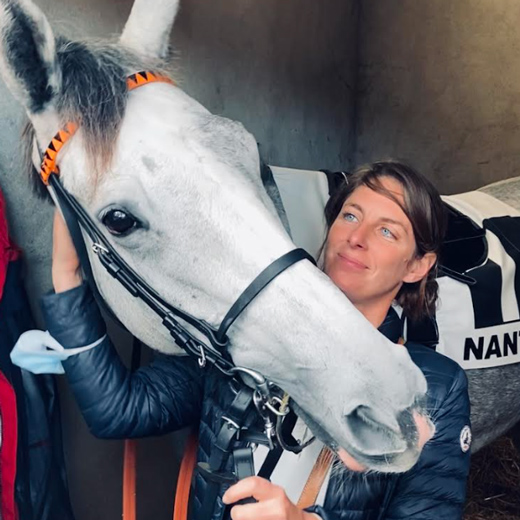
Mannaïg graduated from the University of Liège in Belgium. She worked as a mixed animal veterinarian in Brittany and Normandy before completing a Master’s degree in biodiversity, ecology and the environment, followed by an Inter-School Diploma (DIE) in apiculture and bee pathology. Now based in Auvergne, in addition to her practice, she supports farmers in the transition to agroecology and veterinarians in the development of more eco-responsible practices, particularly within the EcoVeto association. In 2025, she co-founded SEVE, a platform dedicated to the transition among veterinarians.
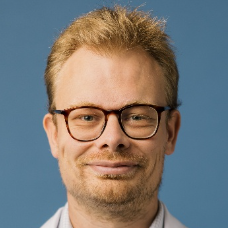
Prof. Matthias Kohlhauer is a professor of clinical pharmacology at the National
Veterinary School of Alfort in France. He completed his PhD in pharmacology at the
University of Paris-Est Créteil in 2016, as well as a residency in veterinary
pharmacology and toxicology in 2020. Since its post-doctoral fellowship at the
University of Cambridge (UK), his research primarily focuses on the development of
new therapeutic strategies for post-cardiac arrest care in humans, as well as the
pharmacology of antimicrobials in veterinary medicine.
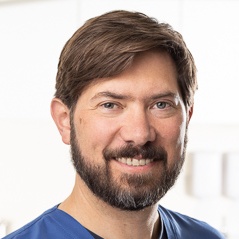
Prof. Olivier Levionnois graduated from veterinary studies in 2001 at the Veterinary School in Nantes, France. He completed a rotatory internship (2001-2002) in Equine Medicine at St. Hyacinthe, Quebec, Canada, followed by a residency in Veterinary Anaesthesia and Analgesia at the Vetsuisse Faculty in Bern, Switzerland. In 2007, he became an EBVS-recognized Specialist. Since then, he has been working as a senior lecturer at the University of Bern. Olivier obtained his PhD in 2011, focusing on the PK/PD of ketamine at sub-anaesthetic doses. In 2012, he completed a post-doctoral fellowship on the PK/PD of flunixin in piglets at the University of Oslo. Current research interests include equine
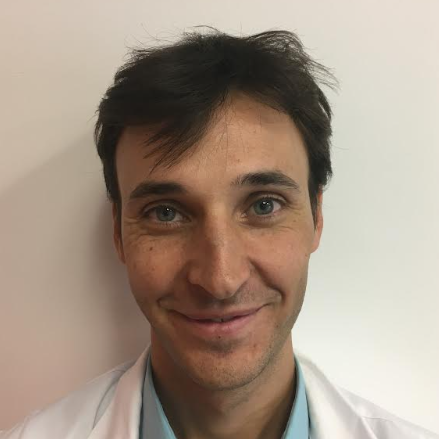
Marc Lilot, an anaesthetist-resuscitator, is in charge of a paediatric cardio-thoracic anaesthesia-resuscitation unit at the Hospices Civils of Lyon. He is Associate Professor at the Faculty of Medicine in Lyon and is involved in immersive teaching in a professional healthcare context. He is also Chairman of the Scientific Committee of SimULyon, a scientific interest group for healthcare simulation in Lyon. After moving to California, he trained in France and Canada in management and leadership applied to healthcare services. Healthcare simulation and its solution-focused approach to the human factor, risk management, stress, non-technical skills and professional attitudes in a stressful environment, as well as his managerial experience in a hyperspecialised context of critical care for complex patients, are his areas of interest and professional development.
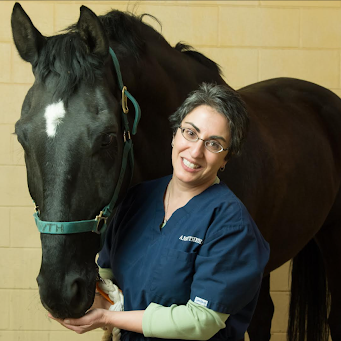
Dr. Mama received her DVM in 1989 from Washington State University and then completed a large animal rotating internship at the University of Guelph. This along with her experiences during her senior year in veterinary school confirmed a passion of anesthesia. She pursued an anesthesia and critical care residency at the University of California-Davis and following its completion in 1993, chose to stay and work at UC Davis for 3 years before moving to Colorado State University where she has been a faculty member since 1996. She enjoys managing a diverse variety of species while also teaching DVM and graduate students, and has pursued research interests directed at improving patient care and safety. She feels fortunate that as part of her job she has had the opportunity to advance anesthesia and pain management through continuing education for veterinarians in many different venues both nationally and internationally.
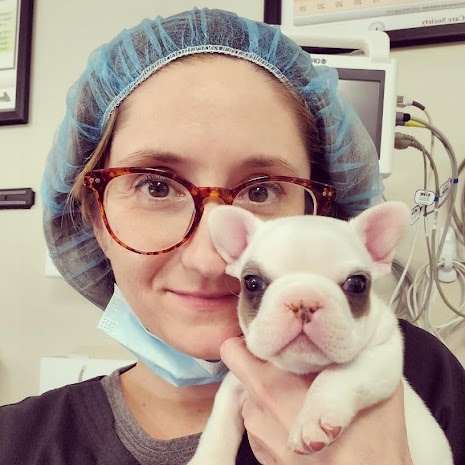
Tasha McNerney is a Certified Veterinary Technician from Philadelphia, PA, USA.
She is also a Certified Veterinary Pain Practitioner and works closely with the IVAPM to educate the public about animal pain awareness.
Tasha became a veterinary technician specialist in anesthesia in 2015. Tasha is an award-winning presenter on anesthesia and pain management topics. Tasha travels internationally to consult with veterinary hospitals on best anesthesia practices. Tasha has authored numerous articles and textbooks on anesthesia and analgesia for both veterinary professionals and pet parents.
In her spare time, Tasha enjoys reading, spending time with her husband and son, and recording the Veterinary Anesthesia Nerds Podcast.
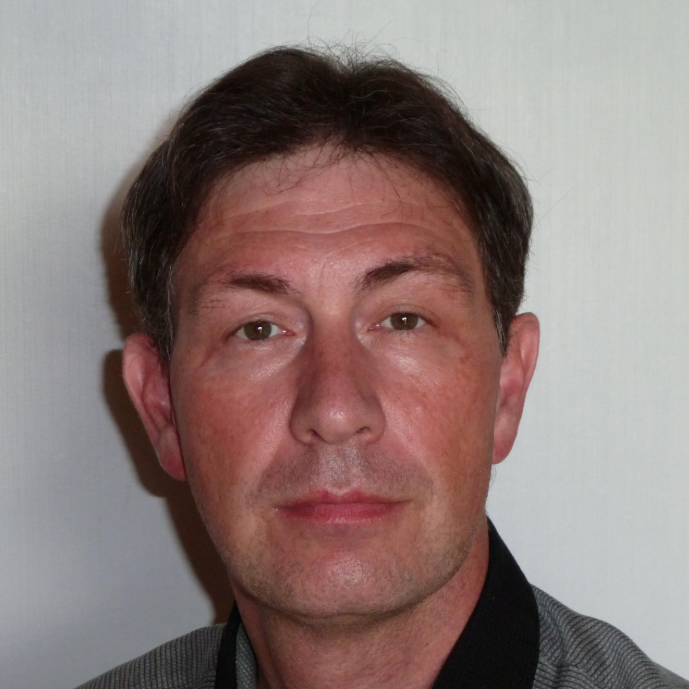
Gérard MICK is a physician and neuroscientist, neurologist specialized in pain medicine. He practices at the Voiron site of the Grenoble University Hospital, where he leads the Pain Assessment and Treatment Center, and has been a consultant for over 25 years at the Neurological Hospital in Lyon, which he co-founded. He contributes to the teaching of University and Inter-University Diplomas in Pain Evaluation and Management in the Auvergne-Rhône-Alpes region. For over 20 years, he has also been involved in coordinating regional healthcare networks. He was founding president of the National Federation for Health Pathway Coordination (FACS) from 2018 to 2023, and is currently General Administrator of the Health Cooperation Group Maison Ressource Santé Isère (GCS MRSI). He co-directs the Inter-University Diploma in Health Pathway Design and Coordination, and was an affiliate professor at the EHESP from 2020 to 2022. He conducts research in clinical and public health fields within the P2S Laboratory (University Lyon I) and TIMC Laboratory (Grenoble Alpes University). A trained clarinetist, he holds a diploma from the Lyon Regional Conservatory and has taught in municipal music schools. For over a decade, he has studied the biological and clinical effects of music listening on chronic pain and neurological conditions, aiming to develop practical therapeutic listening methods for daily use by patients.
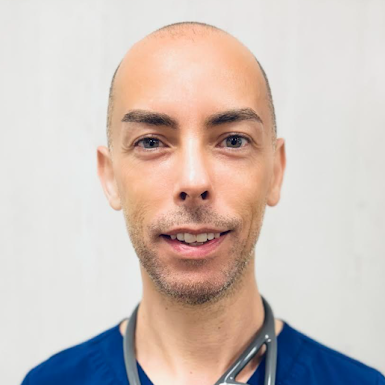
After graduating from the University of Perugia (Italy) with full marks in 2006, Enzo embarked on his aspiration to become a qualified anaesthetist. In 2009, he relocated to the United Kingdom to complete a one-year internship in small animal anaesthesia at the University of Liverpool, followed by a four-year residency in veterinary anaesthesia and analgesia at the University of Glasgow. Subsequently, Enzo worked as a University Clinician at the University of Glasgow and as a clinical anaesthetist at various referral practices across the United Kingdom. In 2019, he established his own anaesthesia and analgesia consultancy and locum business, TIVAVET. He is also the founder of the free veterinary TCI simulator web application, simtiva.vet.
Enzo is a Diplomat of the European College of Veterinary Anaesthesia and Analgesia and a recognised EBVS® European and Royal College of Veterinary Surgeons Specialist.
Enzo derives immense satisfaction from his profession and enjoys all aspects of anaesthesia. He firmly believes that every case, irrespective of the American Society of Anaesthesiologists (ASA) classification, brings a unique learning opportunity. Enzo is a an experienced user of total intravenous anaesthesia, particularly Target Controlled Infusion (TIVA/TCI), and has been actively promoting its clinical application for the past 15 years.
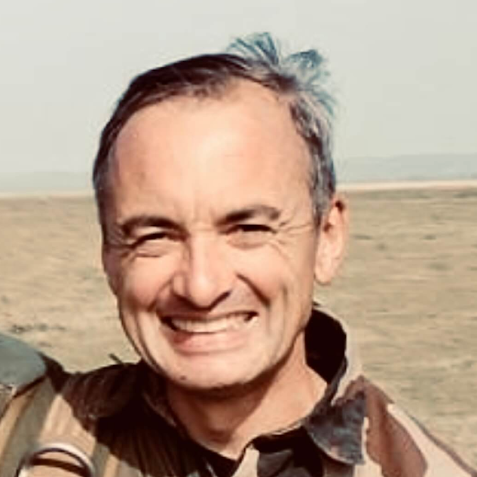
Prof. Pierre Pasquier (47; married with two children) is a French military anesthesiologist and intensivist, currently serving as the Head of medical education at the French health schools and a full-professor at the École du Val-de-Grâce. He is also chairman for anesthesiology, critical care and emergency medicine applied to the Armed forces. With multiple deployments in various theaters of military operations, Prof. Pasquier has a significant experience in medical crisis management, including warfare, terrorist attacks, and infectious threats like Ebola and COVID-19. He specializes in medical and surgical support of military operations, traumatic hemorrhagic shock, and far forward transfusion. Prof. Pasquier has presented at different international conferences and serves as the scientific leader of the Paris Special Operations Forces – Combat Medical Care conference.
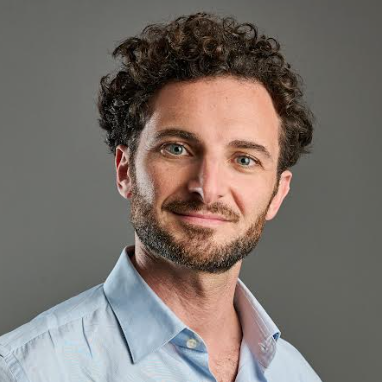
MD, PhD.
Anesthesiologist and intensivist at Marie Lannelongue Hospital (Plessis Robinson).
Lecturer in Artificial Intelligence at the Paris Saclay Faculty of Medicine.
Researcher affiliated with INSERM unit UMRS-999. Research focus: “ex vivo organ
perfusion.”
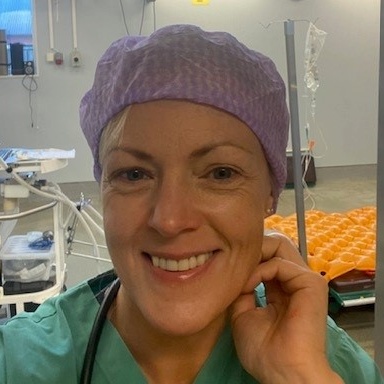
A seasoned veterinary professional with over two decades of experience in clinical practice, hospital management, staff training, and international consultancy. Specializing in veterinary anesthesia and critical care—particularly in equine medicine—Anja has built a successful consultancy serving clients globally, while also organizing continuing education courses and collaborating with key opinion leaders. Her career includes leadership in global product management for veterinary consumables, contributing to market growth and innovation across categories such as infusion, injection, wound care, and anesthesia. Currently heading European Sales at a leading veterinary company, she combines clinical expertise with strategic commercial insight. Anja has managed one of Northern Europe’s largest equine hospitals, overseeing staff development and international training programs. Additional contributions include volunteer work in zoo anesthesia and guest lecturing in veterinary education. She holds a Business Administration degree, certification in Anesthesia and Critical Care, and is a qualified Veterinary Nurse. Actively involved in professional veterinary networks and committees.
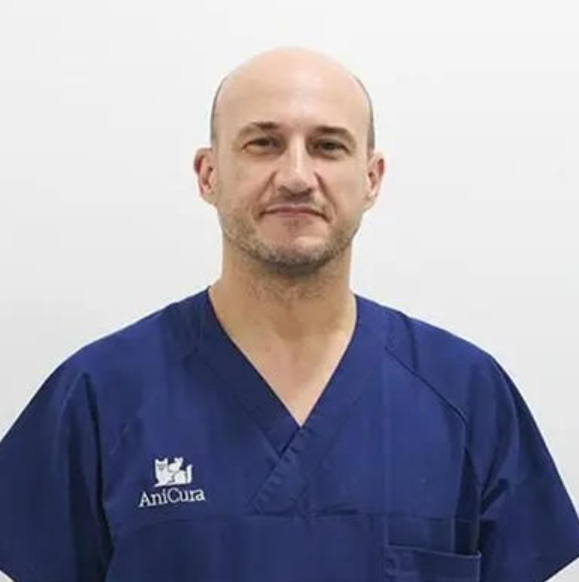
Jaime graduated from the Faculty of Veterinary Medicine of Zaragoza in 1998. After several years in general practice, he combined this work with a position as Clinical Instructor in Anaesthesia at the same faculty. He subsequently completed his residency in Veterinary Anaesthesia and Analgesia at the Royal Veterinary College in London, where he later worked as a Lecturer. He then returned to Spain to take up a Lecturer position in Veterinary Anaesthesia at the CEU-Cardenal Herrera Veterinary Faculty, where he also obtained his PhD. After three years, he joined the referral hospital AniCura Valencia Sur, where he currently carries out his clinical activity. .
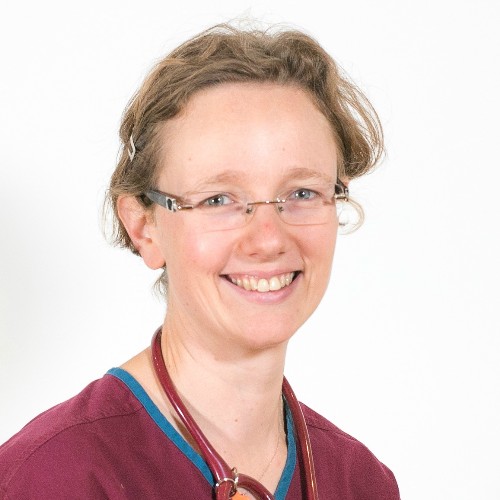
Ellie graduated from the Veterinary School, University of Cambridge, in 2003 and passed her European Diploma in Veternary Anaesthesia and Analgesia in 2017. She has a wide experience of practice, teaching and clinical research, having worked in academic, independent and corporate groups, primary care and referral veterinary practice, and in the UK and EU. Since 2020, Ellie has held the position of Environmental Sustainability Lead for Linnaeus, MVH UK, and since 2024, additionally is the Healthy Planet Lead for AniCura, MVH Europe, both part of the global Mars Veterinary Health group. She is a Practitioner of the Institute of Environmental Management and Assessment. She has 2 daughters, and they have 2 guinea pigs.
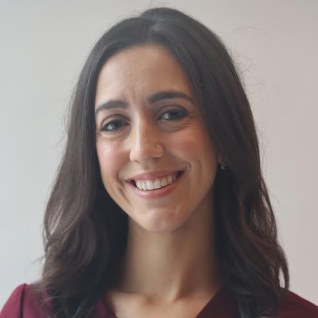
Katie Zatroch is a practicing veterinary anesthesiologist from Philadelphia, PA, USA. She obtained her Doctor of Veterinary Medicine degree from The Ohio State University College of Veterinary Medicine in 2013, and subsequently went on to complete a small animal internship in Calgary, Alberta, Canada. After enjoying some time practicing small animal emergency medicine in Calgary, she ultimately decided to pursue a specialty in anesthesia. She completed a residency in anesthesia and pain management from Cornell University College of Veterinary Medicine and became a diplomate of the American College of Veterinary Anesthesia and Analgesia in 2019.
Katie is now the head of the anesthesia service and co-medical director at Philadelphia Animal Specialty and Emergency, a veterinarian-owned referral and emergency practice in South Philadelphia. Katie has a particular professional interest in training, education and patient safety. She enjoys speaking at various events and is passionate about improving literacy, confidence and safety in anesthetic techniques in anesthesia learners of all kinds.
In her free time, Katie enjoys gardening, staying active and spending time with her husband (and their three rambunctious cats).
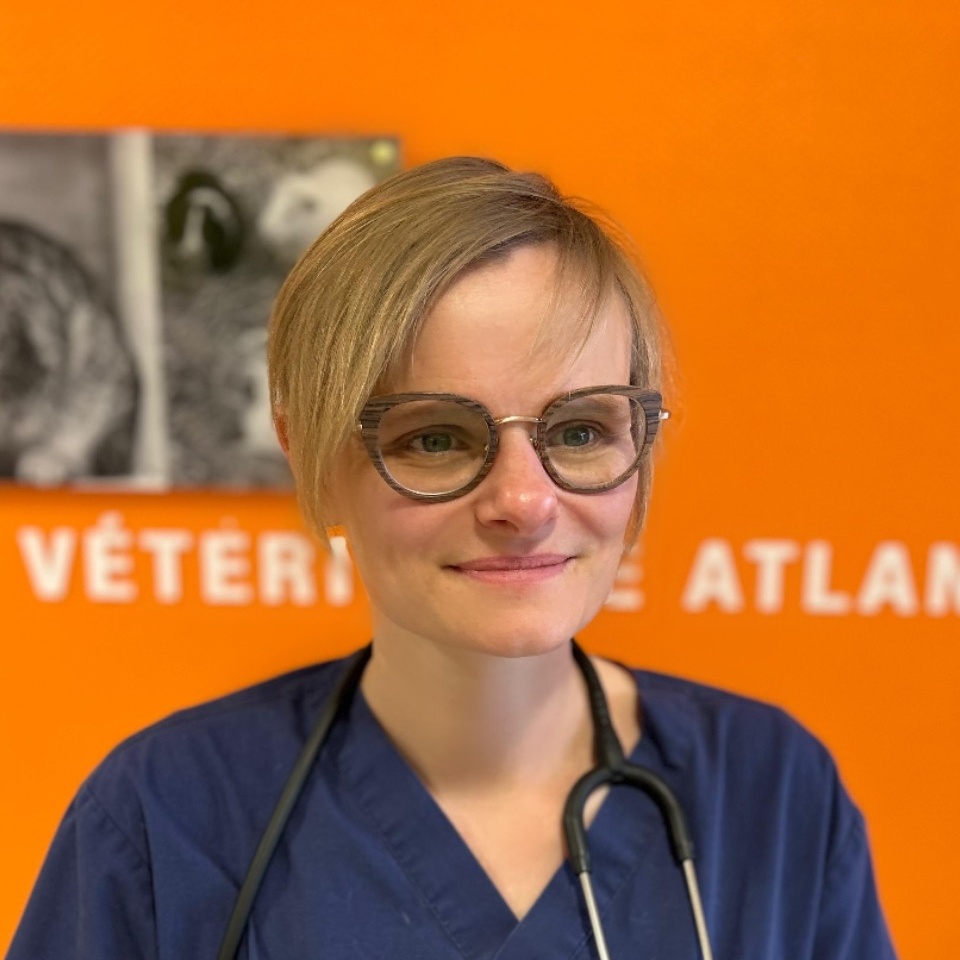
Mandoline is an ECVAA specialist and head of the Anaesthesia and Analgesia department of the Centre Hospitalier Veterinaire Atlantia in Nantes. After completing her residency in Edimbourg, she created in 2012 the first dedicated anaesthesia and analgesia department in a private referral hospital in France. She is also dedicated to improve the quality of veterinary anaesthesia and analgesia care at a national level through delivering continuous education to nurses and GPs, and as a consultant and advisor for veterinary referral hospitals.
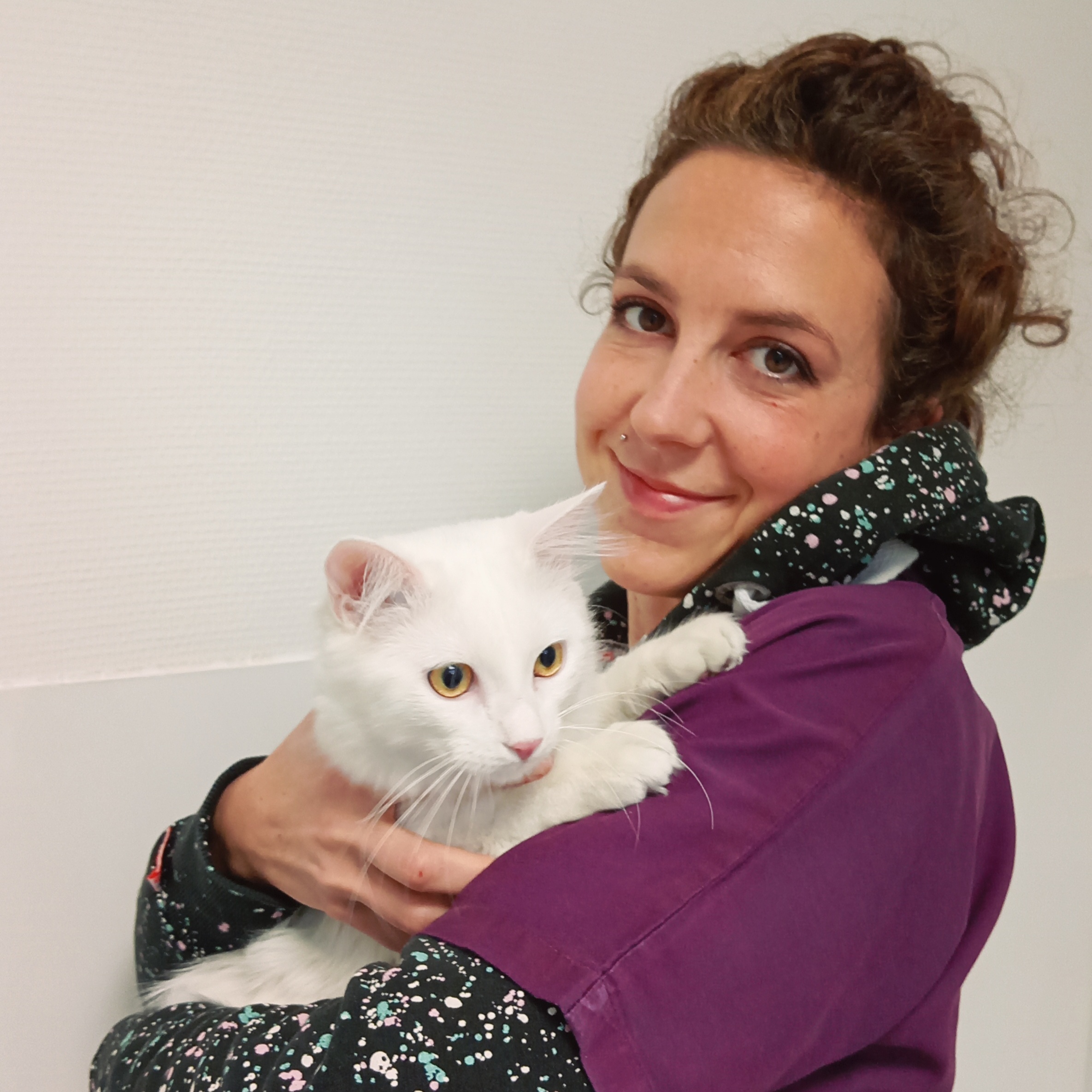
Morgane Debuigne received her veterinary degree from the veterinary school of Lyon (France). She completed an alternate residency of Anaesthesia and Analgesia at the Centre Hospitalier Vétérinaire Atlantia (small animal referral hospital, Nantes, France), with externships in large animal anaesthesia in several European countries (Universities of Nantes, Ghent, Vienna and Bern). She passed her exam in 2024 and is now a diplomate (Dipl. ECVAA). She worked as a clinician in public and private practices (Centre Hospitalier Vétérinaire Advetia, Paris, France ; Université de Saint-Hyacinthe, Montréal, Québec). She currently works as a multispecies clinician at the veterinary School of Lyon (France).
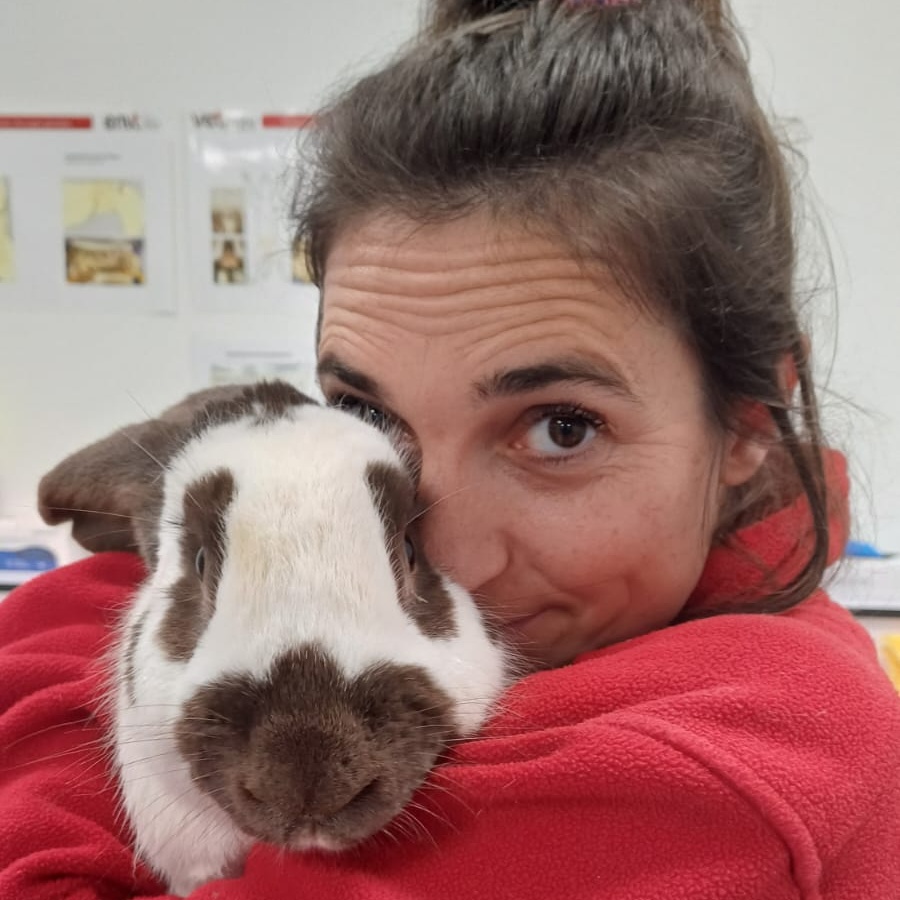
Dr Caroline Didier graduated from National Veterinary School of Toulouse, France, in 2012. After a one-year rotating internship in small animal medicine, she worked in an emergency and critical care clinic while spending three years as a junior clinician in anaesthesia and analgesia. She then worked as a senior anaesthesia clinician at the Veterinary Teaching Hospital in Toulouse and occupies a permanent position since October 2022. She is also affiliated as an associate lecturer. Meanwhile, she enrolled in an alternative residency program in 2017 and became a Diplomate of the European College of Anaesthesia and Analgesia in 2024
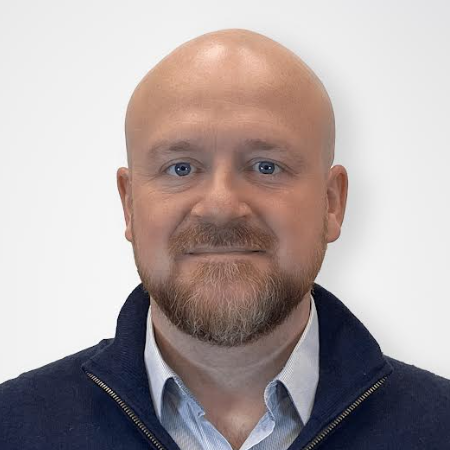
Nicolas Girard qualified in 2004 from the University of Liège (Belgium) and passed his European diploma in Anaesthesia and Analgesia in 2009 after a residency at the Animal Health Trust (UK) and working as a consultant anaesthetist at Dick White Referrals (UK). In 2010 he went back to France where he founded the first French Veterinary Group “Mon Véto” and now manages 320 vet practices (2700+ employees) nationally and in Belgium. Aside is daily practice of Anaesthesia, He is the Chief Medical Officer of the company and he’s responsible for the continuous education and wellbeing of the vets and the nurses of the group.
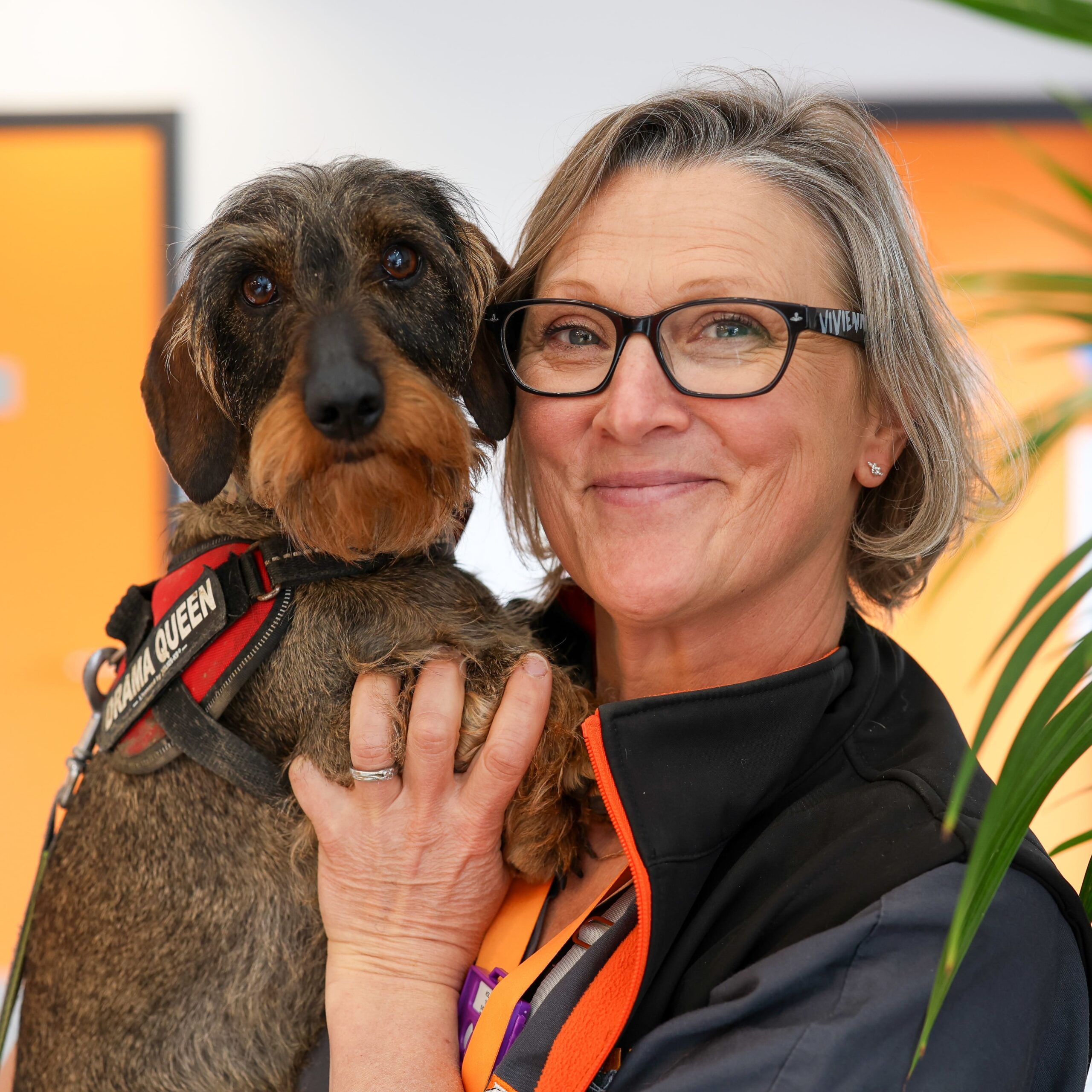
Delphine graduated from Maisons-Alfort (Paris) vet school in 1998. Initial time working as an equine vet led her to discover a strong interest for veterinary anaesthesia and analgesia. She decided to pursue her passion for this discipline at the veterinary school in Nantes where she ran the Anaesthesia department for 11 years. During this time, she gained a Masters degree and a PhD in cardiovascular pharmacology and completed a residency, gaining the European board certification in anaesthesia and analgesia, which included training in many different universities all over the world, including the University of Bristol.
She left France to return to the University of Bristol in 2012, where she worked as a teaching fellow in veterinary anaesthesia and analgesia for five years before starting at Highcroft Veterinary Referrals (Bristol, UK) as an anaesthesia and analgesia clinician in 2017. In 2018, she also became clinical director and has led the Highcroft then Bristol Vet Specialists team ever since.
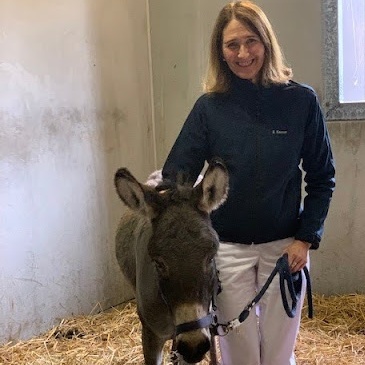
Sabine Kästner graduated from the Justus Liebig University of Giessen (Germany). She worked in a busy horse clinic in Southern Germany before starting a Master of Veterinary Science in Large Animal Medicine at the Western College of Veterinary Medicine, University of Saskatchewan in Saskatoon, Canada. She completed a residency program of the ECVAA and her Habilitation Thesis at the Vetsuisse Faculty in Zürich, Switzerland and became Professor of Veterinary Anaesthesia and Analgesia at the University of Veterinary Medicine, Hannover in 2008. Sabine Kästner is a past president of the Association of Veterinary Anaesthetists (AVA) and current chair of the veterinary anaesthesia, analgesia and intensive care group (VAINS).
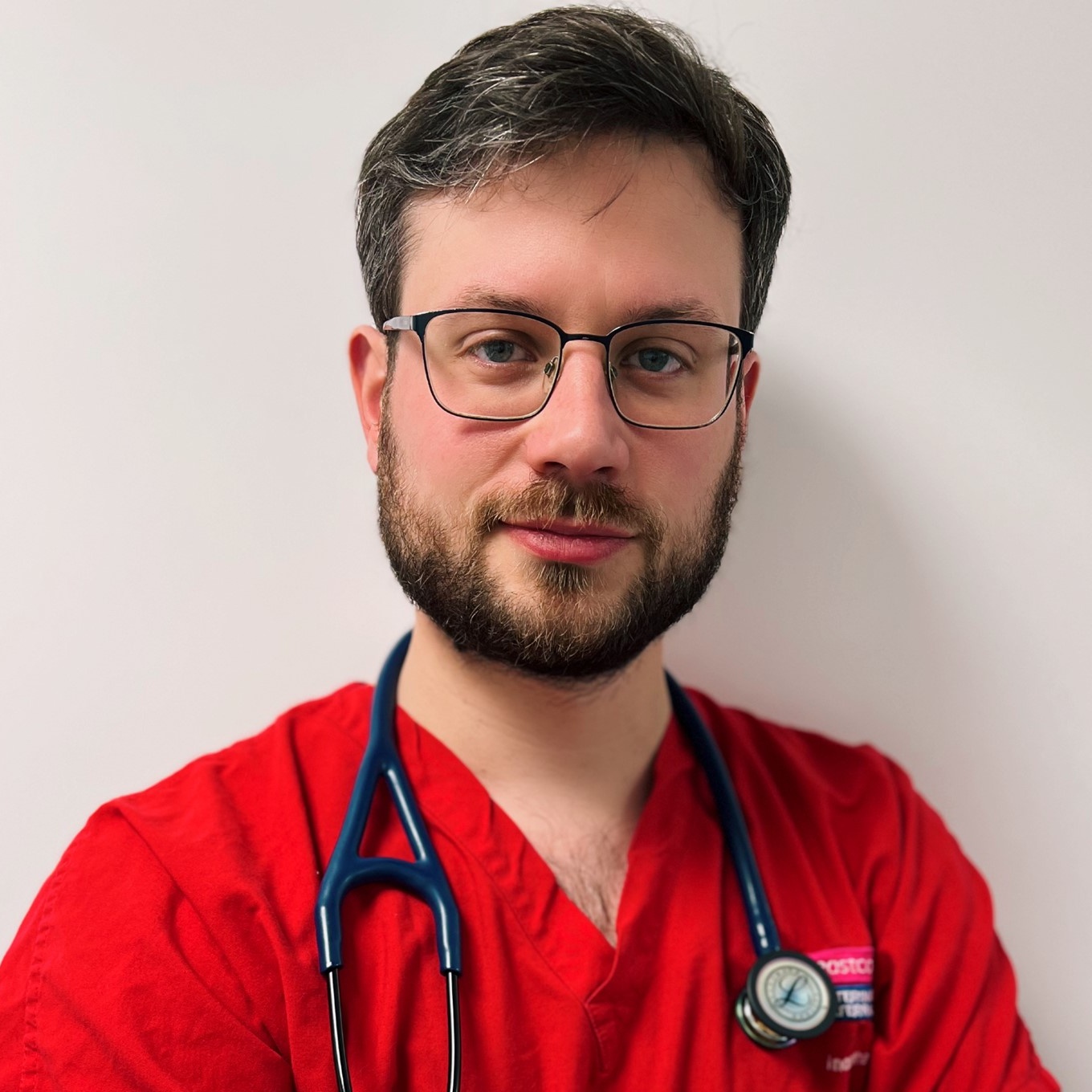
Tristan qualified in France (ONIRIS, Nantes) in 2013 before moving over to the UK in 2015, where he completed a residency in Anaesthesia and Analgesia at the Royal Veterinary College. Following this, he started the anaesthesia department at Eastcott Referrals in Swindon, and led the team there until 2021. He became a Diplomate of the European College of Veterinary Anaesthesia and Analgesia that same year.
Tristan has lectured both nationally and internationally, and published several scientific and research articles.
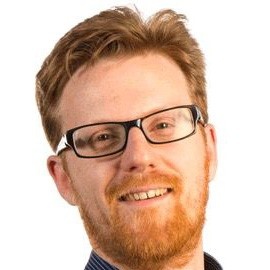
is a Professor of Veterinary Anaesthesia and Clinical Pharmacology at the Royal Veterinary College, London, UK. He completed his anaesthesia residency at the RVC, followed by a pharmacology PhD on the roles of cyclooxygenase (COX) isoenzymes in the regulation of inflammation and the renal function in the cat. He promotes the use of pharmacometrics (the PK/PD modelling approach) to help resolve clinical questions.
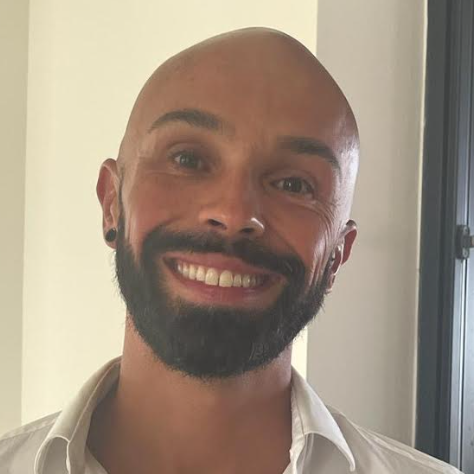
Mathieu graduated from the University of Bologna, Italy, in 2010. After
completing a rotating internship at the École Nationale Vétérinaire de
Maisons-Alfort, France, followed by a specialty internship in Veterinary
Anaesthesia and Analgesia at ONIRIS Nantes, France, Mathieu completed
an ECVAA residency at the University of Bristol, UK. He also undertook a
“Diplôme d’Université” in artificial ventilation at the University of Angers,
France. He worked as a clinician at the University of Bern, Switzerland, as a
Senior Lecturer in Veterinary Anaesthesia and Analgesia at the University of
Sydney, and as an Anaesthesia advisor for one of Europe’s largest
corporates. He served as an Associate Editor of the journal Veterinary
Anaesthesia and Analgesia between 2018 and 2024. Mathieu recently
completed his PhD on the dynamic compliance of the respiratory system in
anaesthetised dogs at Murdoch University. He is now an Associate
Professor in Veterinary Anaesthesia and Analgesia and the current Senior
Vice President of the Association of Veterinary Anaesthetists. Mathieu’s
main clinical and research interest is in the field of respiratory mechanics
and mechanical ventilation across species.
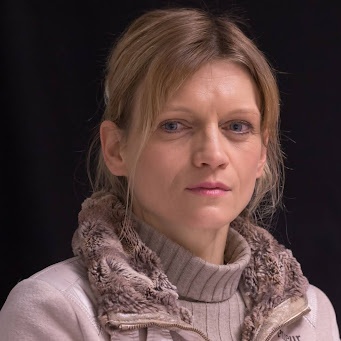
Charlotte Sandersen obtained her veterinary degree from the University of Veterinary Science in Budapest in 1997. She studied towards her PhD degree in equine cardiology while working in the Equine Hospital of the University of Liege and also became a diplomate of the European College in Equine Internal Medicine (ECEIM) in 2007. Shifting her professional focus progressively from emergency medicine to anaesthesia, she also became a diplomate of the European College of Veterinary Anaesthesia and Analgesia (ECVAA) in 2013. She is now the head of the veterinary anaesthesology service of the University of Liege where she is teaching undergraduate students, PhD students and residents. Charlotte Sandersen is the author of more than 100 scientific publications in the field of veterinary anaesthesiology, intensive care, pain and animal welfare. In her free time, she is a passionate amateur level eventing rider.
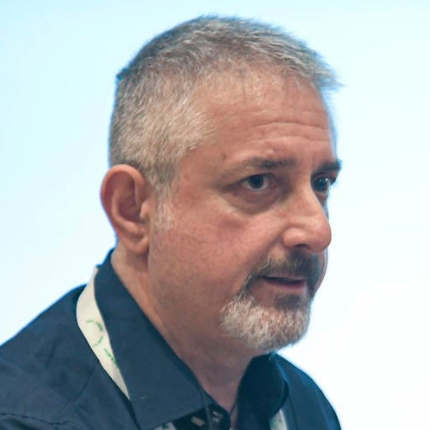
Ioannis Savvas has graduated from the School of Veterinary Medicine, Aristotle University of Thessaloniki, Greece. He gained his Doctoral Diploma on Veterinary Anaesthesia from the same School. He has been employed in Aristotle University since 2002. Ioannis Savvas has been educated/trained at the Cornell University Hospital for Animals, Col-lege of Veterinary Medicine, Ithaca, NY, USA; at the Klinik für Anästhesiologie und periopera-tive Intensivmedizin, Veterinärmedizinische Universität Wien, Austria; and at the Faculty of Veterinary Medicine, Ghent University, Belgium. His main duties at the School of Veterinary Medicine are teaching in pre- and post-graduate students, giving lectures in local and international conferences, and anaesthesia training via continues and life-long education projects to practitioners. His research activity is in the topics of gastro-oesophageal reflux during anaesthesia, peri-operative analgesia, shock, trans-diaphragmatic pressure measurement, and pulmonary ate-lectasis. He also runs the “Pain Service” at the Companion Animal Clinic of the School of Veterinary Medicine.
Scientific activity
• Managing Editor of the peer-reviewed “Journal of the Hellenic Veterinary Medical Society”
• Member of the Editorial Board of the peer-reviewed journal “Veterinary Anaesthesia and Analgesia”
• Academic Editor of the peer-reviewed journal “PLoS ONE”
• European Abstract Editor of the Meetings of the Association of Veterinary Anaesthetists
Scientific committees
• Secretary General of the Hellenic Veterinary Medical Society
• Junior Vice President of the Association of Veterinary Anaesthetists
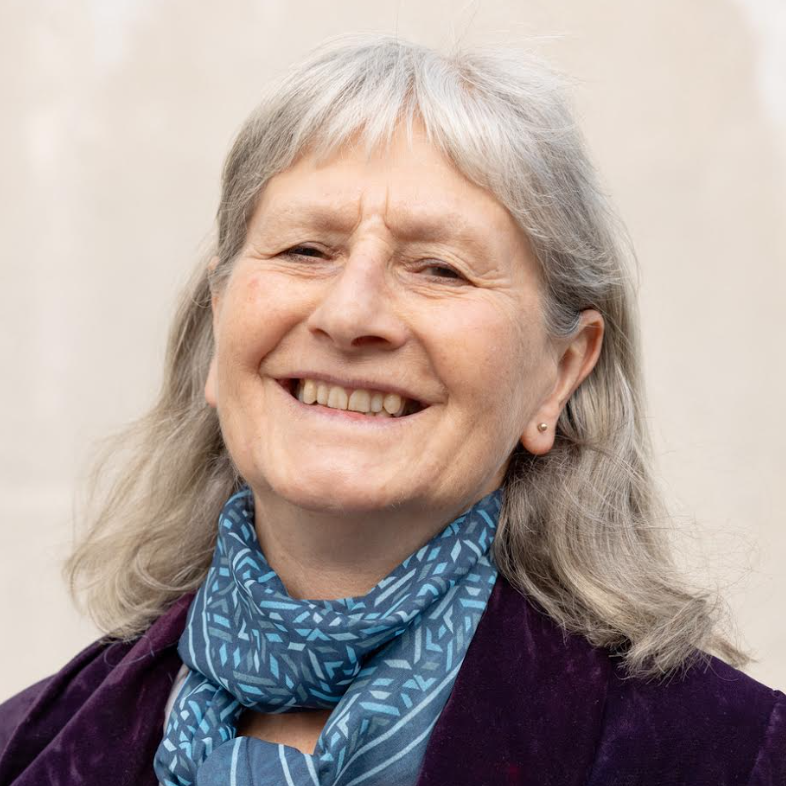
Dr PM Taylor MA VetMB PhD DipECVAA FRCVS
European & RCVS Veterinary Specialist in Anaesthesia
Taylor Monroe, Little Downham, Ely, UK
Polly graduated from Cambridge (UK) last century. She worked in general practice then
clinical academia (Cambridge University and the Animal Health Trust). Since 2002 she
has been an independent consultant in veterinary anaesthesia, covering clinical
anaesthesia, teaching, drug registration and research; numerous papers on anaesthesia
and analgesia have resulted. Polly is a director of Topcat Metrology Ltd, developing
bespoke nociceptive threshold testing systems for several animal species. She is now old enough to “put her head above the parapet” on matters of concern, particularly animal welfare ethics and the environment. She is part of the CEPEF team whose studies ultimately aim to benefit veterinary anaesthesia.
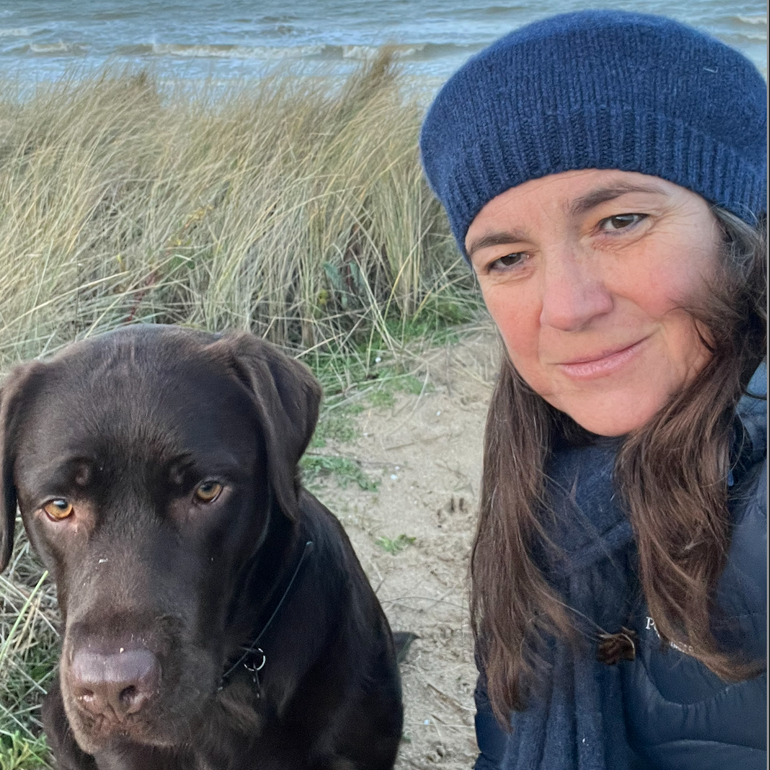
I graduated from the French Vet School of Alfort (ENVA) in 1995 and went in equine private practice after a 2-year internship in equine medicine and surgery with a special focus on equine lameness. I then went onto a north- american journey during which I completed a residency in Anesthesia and Analgesia at the University of Georgia and obtained my ACVAA diplomate status in 2004. I worked in different university settings while I was abroad (Colorado State University, Ross University, Louisiana State University, University of Montreal) as a clinician and/or an associate professor before coming back to France full
time in 2012 at Oniris VetAgroBio, National College of Veterinary Medicine, Food Science and Engineering, where I was the head of the anesthesia service. In 2018, I gained the ECVAA diplomate status and completed a phD program studying the impact of cervical nerve root anesthesia onto equine locomotion (University of Bretagne-Loire, France). I transferred to the National Veterinary School of Maisons-Alfort (EnvA) in September 2024 for a full professor position in Veterinary Anesthesia and Analgesia with a special focus on Equine.
During my clinical work and research, I focus mainly on equine anesthesia and pain management including rehabilitation with a special interest in neurologic horses. I’m also involved in developing good practice guidelines in bovine anesthesia and pain management. I participate a great deal to working groups on welfare issues for production and research animals. Through my research experience, I have been recognized as a French specialist in Science and Medicine for Laboratory Animals (DESV-SMAL) in 2020.
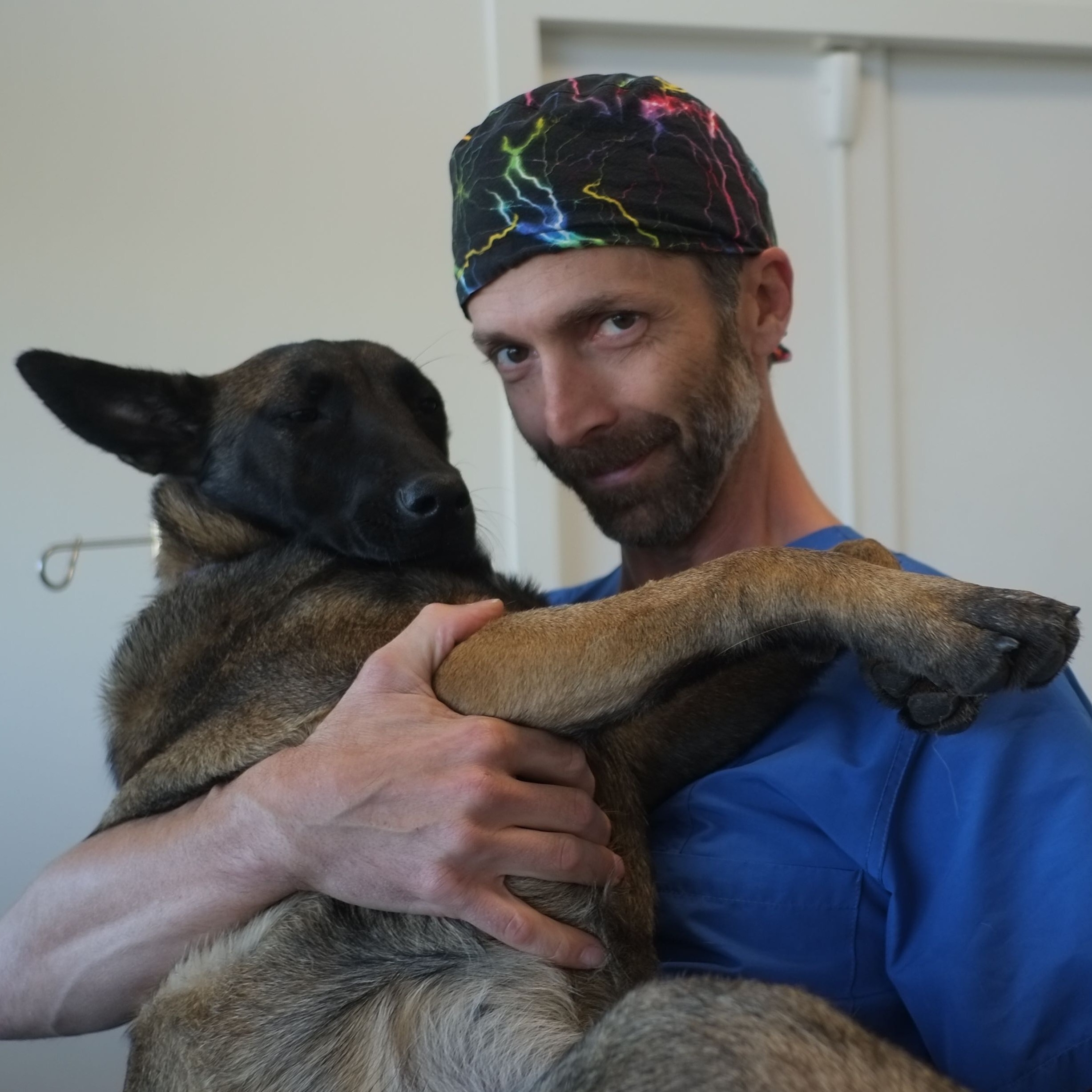
After graduating with honors in Italy from the University of Naples in 1998, Dr. Zilberstein
immediately began his veterinary career as a military officer for two years. He then completed his academic career with a PhD (University of Veterinary Medicine of Naples) and a residency for the European Diploma in Anaesthesiology (ECVAA) at the University of Bern. These experiences allowed him to travel through the best European and American universities. At the same time, he continued his academic career by completing his doctorate and becoming Associate Professor and Pedagogical Manager in Anaesthesia and Resuscitation of the neo-founded Department of Anaesthesia and Resuscitation at the CHUV of the University of Veterinary Medicine of Maisons-Alfort (France), where he quickly became the Head.
Tireless and constantly looking for new creative challenges, Dr. Zilberstein left the University to create the Department of Anesthesia and Algology at the veterinary hospital ADVETIA.
To develop the science and practice of veterinary anesthesia in France and abroad, he is currently vice-president of the French Society of Veterinary Anesthesia (GEAA) and former president of the Italian Society (SIATAV). Founding member and scientific head of the French Veterinary Network for the Treatment of Veterinary Pain (CapDouleur), and active member of several board directors and ethics committees.
Actively involved for more than 20 years in the activities of the European Society of Anaesthesia and Algology (ECVAA), he is an active member. He is a cofounder of GERIVET (Italian Society of Veterinary Geriatric Medicine) and a scientific referent of SCIVAC (Italian Society of Veterinary Medicine). He has participated in the co-production and production of numerous veterinary and human scientific books and publications. He is the official critic of several medical journals, including the Anglo-Saxon journal Veterinary anaesthesia & analgesia. In addition to algology, Dr. Zilberstein is passionate about cardiovascular research and is part of several research groups. He is the chief veterinary referent for the CARMAT company, founded by Professor Carpentier, specialized in developing the famous CARMAT human artificial heart.
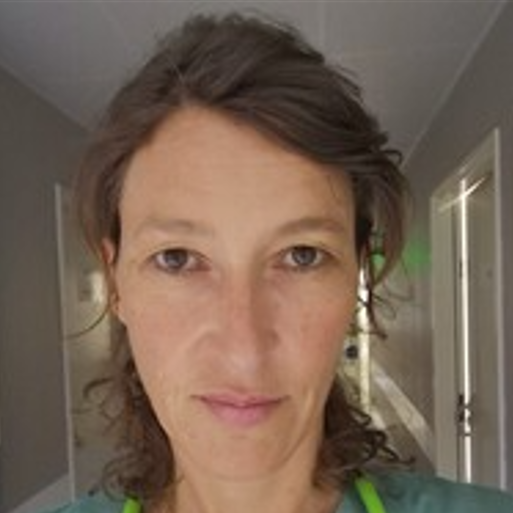
Prof. Florence Lallement is an anesthesiologist and intensivist at Lille University Hospital since 2008, working in the surgical emergency and resuscitation unit. She joined the Sustainable Development Committee of the French Society of Anesthesia and Intensive Care (SFAR) in 2018 and became its chair in 2023.